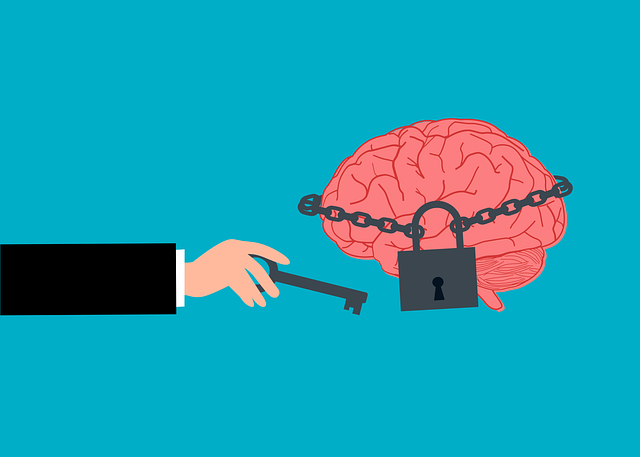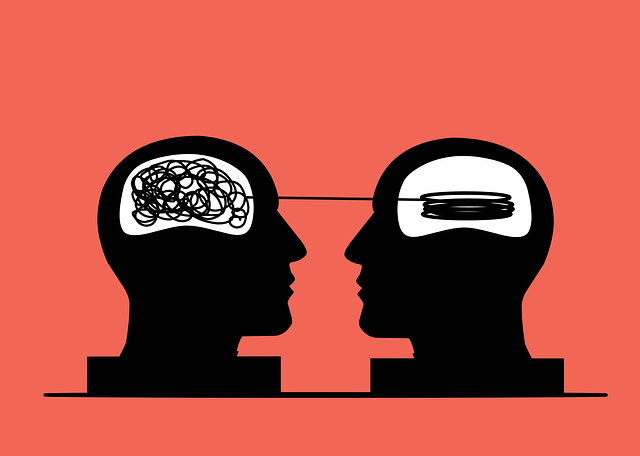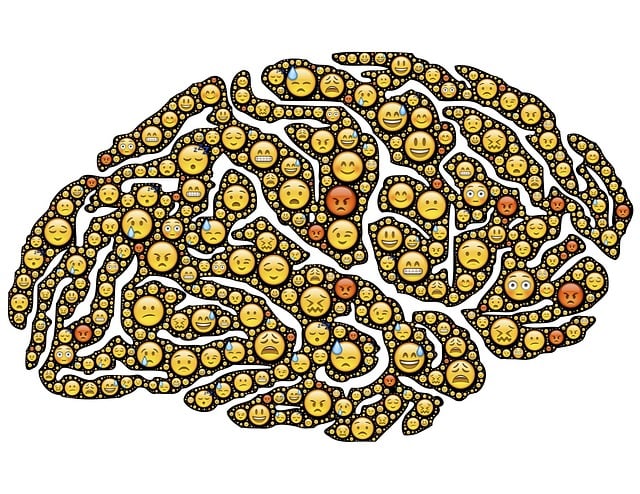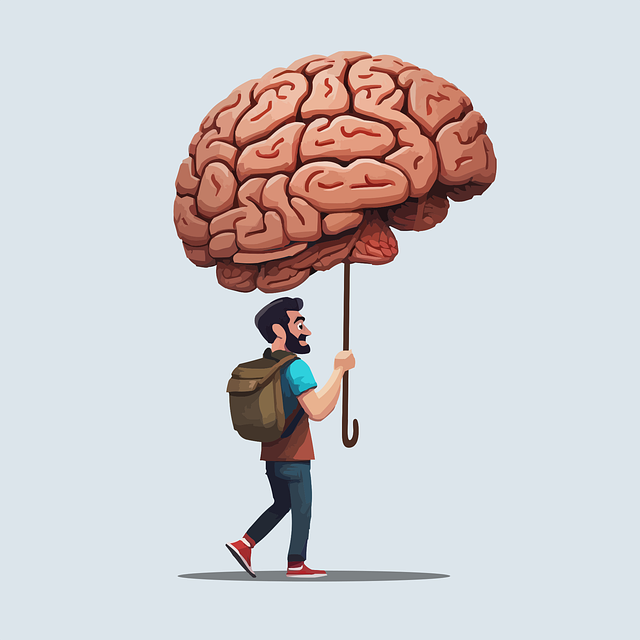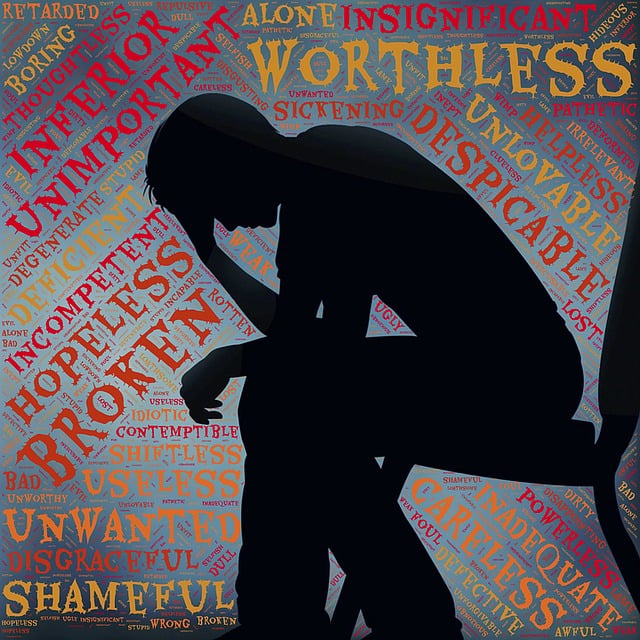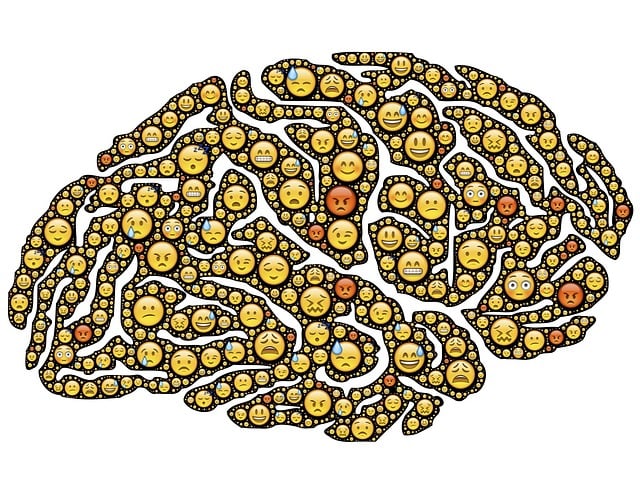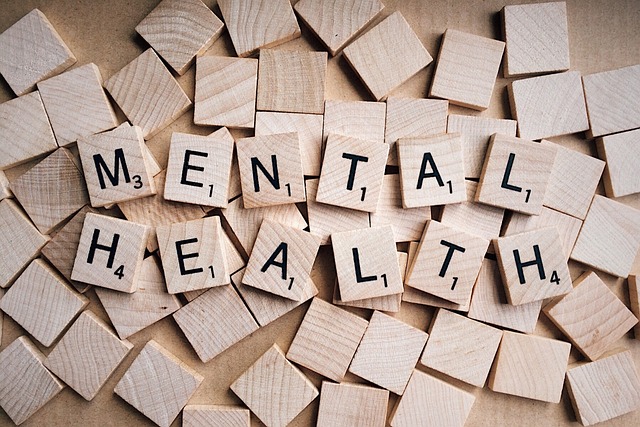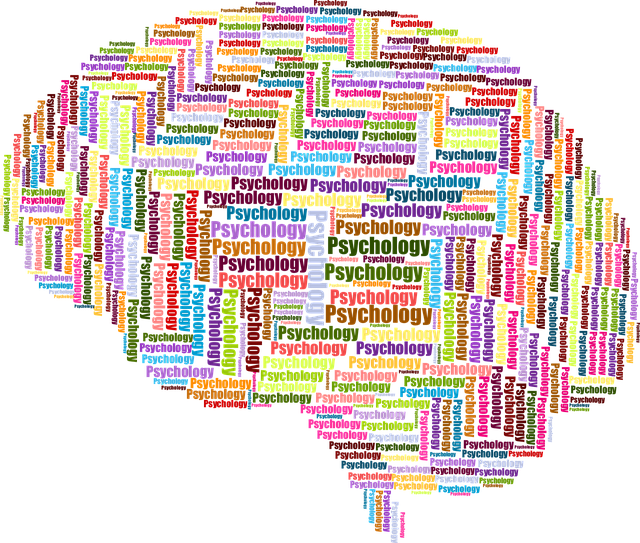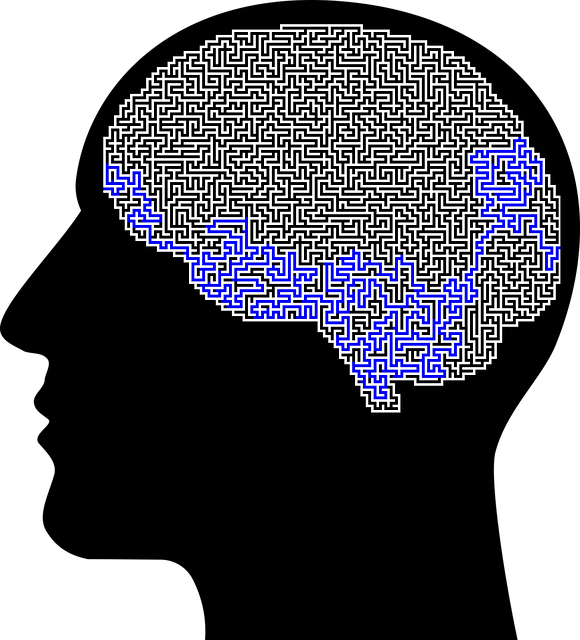Understanding mental health is key to designing effective education programs, as seen in Wheat Ridge Somatic Experiencing Therapy's focus on mind-body connections. This approach helps individuals gain a deeper understanding of their emotional well-being and motivates them to develop self-care routines incorporating mindfulness and stress management. With emotional struggles affecting anyone, early intervention through holistic mental health integration in schools, workplaces, and communities becomes crucial. Organizations like Wheat Ridge Somatic Experiencing Therapy offer programs focused on conflict resolution and positive thinking, empowering people to manage stress, improve communication, and enhance life quality.
Mental health, a cornerstone of overall well-being, impacts every aspect of our daily lives. In today’s fast-paced world, individuals often face stress, anxiety, and other common mental health challenges. Early intervention and education are key to fostering resilience and promoting better mental health outcomes. This article explores the design of an effective mental health education program, focusing on the unique Wheat Ridge Somatic Experiencing Therapy (WRSET) approach—a holistic model that combines cognitive awareness with somatic practices for profound therapeutic effects.
- Understanding Mental Health: Laying the Foundation
- – Define mental health and its significance in daily life.
- – Discuss common mental health challenges faced by modern individuals.
Understanding Mental Health: Laying the Foundation

Understanding Mental Health is a fundamental step in designing effective mental health education programs. This initial phase involves demystifying complex psychological concepts and breaking down mental wellness into digestible components, much like Wheat Ridge Somatic Experiencing Therapy does by focusing on the mind-body connection. By doing so, participants can develop a deeper appreciation for their emotional well-being.
This process should also encourage individuals to initiate and refine self-care routine development for better mental health. Incorporating self-care practices such as mindfulness, stress management techniques, and healthy habits into daily life becomes an empowering tool for maintaining and improving mental wellness.
– Define mental health and its significance in daily life.

Mental health refers to our emotional, psychological, and social well-being, shaping how we think, feel, and act in daily life. It impacts our ability to cope with stress, make choices, relate to others, and enjoy life. A holistic understanding of mental health acknowledges that emotional distress or disability can affect anyone, regardless of age, background, or status. Recognizing and prioritizing mental wellness is crucial for fostering resilience and enhancing overall quality of life.
In today’s fast-paced world, integrating mental health education into various settings, such as schools, workplaces, and communities, becomes increasingly vital. Programs focused on promoting mental wellness, like those offered by Wheat Ridge Somatic Experiencing Therapy, play a pivotal role in equipping individuals with conflict resolution techniques and positive thinking skills. These initiatives support people in navigating stressors, improving communication, and cultivating a sense of inner calm. Additionally, the development of mental wellness coaching programs can empower individuals to take charge of their emotional well-being and create lasting positive changes.
– Discuss common mental health challenges faced by modern individuals.

Modern individuals face a unique set of mental health challenges, often stemming from the pressures and complexities of contemporary life. Stress, anxiety, and depression are prevalent issues, with many grappling to find balance in their fast-paced, digitally-driven world. The constant connectivity and high expectations can lead to feelings of isolation, low self-esteem, and a distorted sense of reality. These challenges require comprehensive programs that not only address symptoms but also equip individuals with tools for long-term resilience and well-being.
Wheat Ridge Somatic Experiencing Therapy (SE) offers a unique approach to mental health support. By focusing on the connection between mind and body, SE helps individuals process traumatic memories and release held tension, fostering a deeper sense of calm and self-awareness. Incorporating techniques such as Self-Care Routine Development for Better Mental Health, Self-Awareness Exercises, and Empathy Building Strategies, these programs empower folks to navigate their mental health journeys with enhanced coping mechanisms and improved quality of life.
Mental health education programs play a pivotal role in fostering well-being and resilience among individuals. By incorporating essential topics like understanding mental health, recognizing common challenges, and providing evidence-based tools, we can empower people to navigate their emotional landscapes effectively. Organizations like Wheat Ridge Somatic Experiencing Therapy offer valuable resources, emphasizing the interconnectedness of mental, physical, and emotional health. Through comprehensive education, individuals gain the knowledge and skills needed to promote their own mental wellness and support others in their communities.
